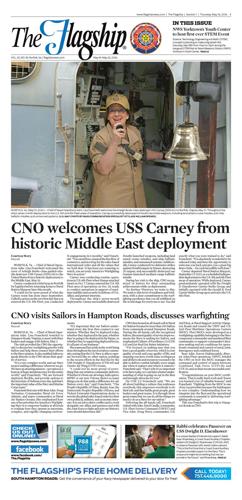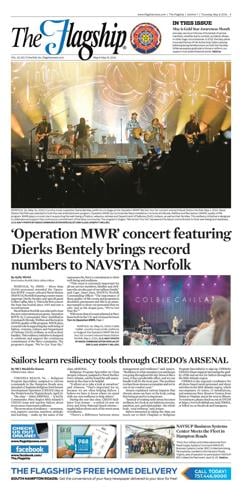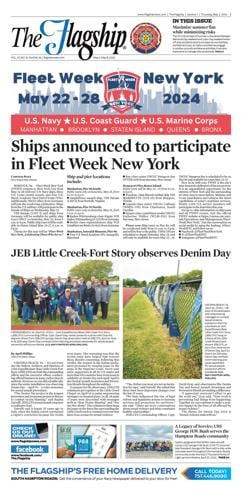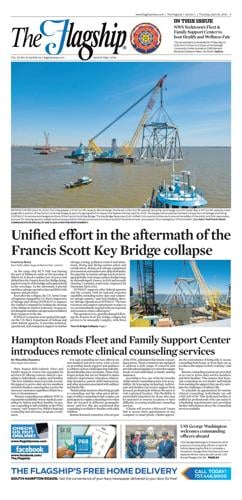Severe storms kill at least 4 in Houston, knock out power to 850,000 homes and businesses
TOP NEWS
Severe storms kill at least 4 in Houston, cause widespread power outages and risk of tornadoes
Violence is raging across New Caledonia for the third consecutive day. France has imposed a state of emergency in the French Pacific territory. Authorities boosted security forces’ powers to quell deadly unrest in the archipelago, where some residents have long sought independence from France. French authorities in New Caledonia and the Interior Ministry in Paris reported on Thursday that five people, including two police officers, have been killed in the violence. The unrest came after protests earlier this week over voting reforms pushed by President Emmanuel Macron’s government turned deadly. At least sixty members of the security forces were injured and 214 people were arrested in Thursday's clashes. That's according to the territory's top French official.
Israel’s defense minister says the military will send more troops into Rafah, a city along Gaza’s southern border with Egypt, as fighting also rages in northern Gaza, where Hamas has regrouped. South Africa is seeking emergency measures at the U.N.’s top court to halt Israel’s escalating offensive in Rafah, calling the incursion “the last step in the destruction of Gaza.” Israel has portrayed Rafah as the last Hamas stronghold, brushing off warnings from the United States and other allies that any major operation there would be catastrophic for civilians. The United Nations says around 600,000 Palestinians have been driven out of Rafah since the beginning of last week.
House Republicans are delivering a rebuke to President Joe Biden for putting a pause on a shipment of bombs to Israel that could be used in an assault on Rafah. They voted Thursday on a bill that has practically no chance of being enacted but puts pressure on Democrats as it mandates delivery of the weapons. The Biden administration is seeking to discourage Israel from its offensive on the crowded southern Gaza city of Rafah. This month, it put on hold a weapons shipment of 3,500 bombs. Republicans were outraged at the move and argued it represented the abandonment of the closest U.S. ally in the Middle East.
A U.S.-built pier is in place to bring humanitarian aid to Gaza by sea, but no one will know if the new route will work until a steady stream of deliveries begins reaching starving Palestinians. The trucks that will roll off the pier project installed Thursday will face intensified fighting, Hamas threats to target any foreign forces who “occupy” the Gaza Strip and uncertainty about whether Israeli forces will ensure access and safety for aid convoys. U.S., U.N. and aid officials caution that even if the sea route performs as hoped, it will bring in a fraction of the aid that’s needed to the embattled enclave.













